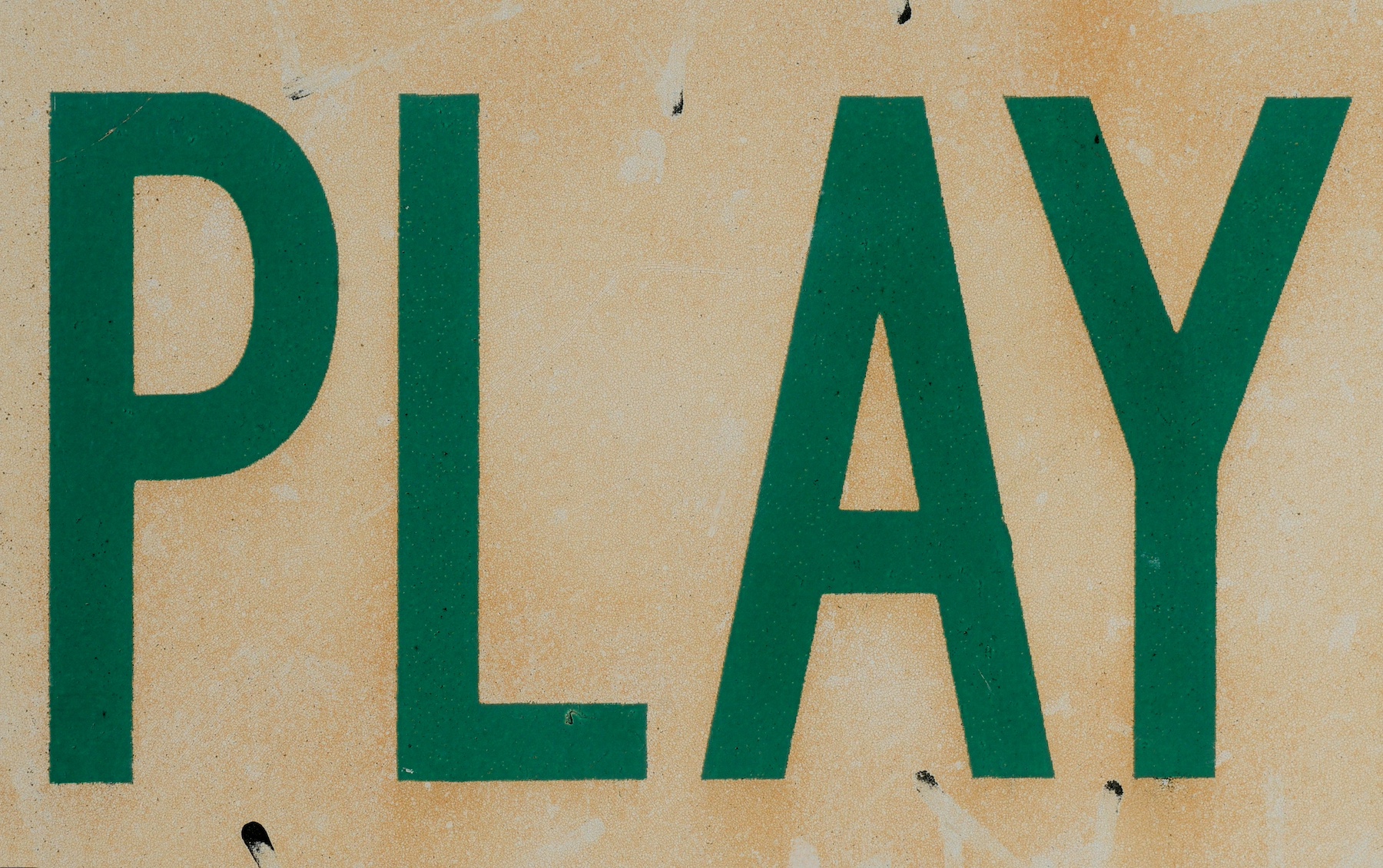A recent study published in Applied Psychology: Health and Well-Being provides some exciting evidence that adult playfulness can be increased through simple, self-administered interventions. The research, conducted by René Proyer and colleagues, explored whether short daily activities could boost different facets of playfulness and have positive effects on well-being.
Key Findings:
- Playfulness can be stimulated: The study found small-to-moderate increases in self-reported playfulness after just one week of daily playfulness exercises. These effects lasted up to 3 months in some cases.
- Different interventions work: Three types of playfulness interventions were tested:
- Writing down three playful things each day
- Using playfulness in a new way each day
- Counting playful experiences each day All three showed some positive effects, with “using playfulness in a new way” appearing most effective overall.
- Well-being benefits: The playfulness interventions also led to small increases in well-being and decreases in depressive symptoms, though these effects were generally short-term.
- Individual differences matter: The researchers found that baseline levels of playfulness influenced how effective the interventions were, though in complex ways that require further study.
What This Means for Cultivating Playfulness:
This research offers several promising insights for those looking to become more playful:
- Intentional practice works: Simply setting aside time each day to focus on playfulness can lead to increases over time. This suggests that cultivating a more playful mindset is possible with deliberate effort.
- Small actions add up: The interventions used were quite simple and only took 5-10 minutes per day. This indicates we don’t need elaborate programs to boost playfulness – small, consistent actions can make a difference.
- Variety may be key: The most effective intervention involved using playfulness in new ways each day. This suggests that challenging ourselves to apply playfulness in diverse situations may be particularly beneficial.
- Benefits beyond play: The findings on well-being and depressive symptoms, while modest, hint at the broader positive impacts increased playfulness might have on our lives.
- Personalization potential: The complex results regarding individual differences suggest that tailoring playfulness interventions to a person’s baseline traits may enhance effectiveness. Future research may help develop more personalized approaches.
While the study has limitations – relying on self-reports and showing mostly small effects – it provides an encouraging foundation for further research and practical applications. The authors note that longer-term interventions or combining multiple approaches may yield stronger results.
For those interested in cultivating their own playfulness, this research suggests that setting aside a few minutes each day to intentionally engage in or reflect on playful experiences could be a simple but effective strategy. By making playfulness a daily priority, we may gradually shift our overall mindset and reap the potential well-being benefits that come with a more playful approach to life.
As we continue to understand how to best stimulate and harness adult playfulness, this study opens up exciting possibilities for enhancing our lives through the power of play.
Link to research paper: https://iaap-journals.onlinelibrary.wiley.com/doi/epdf/10.1111/aphw.12220



